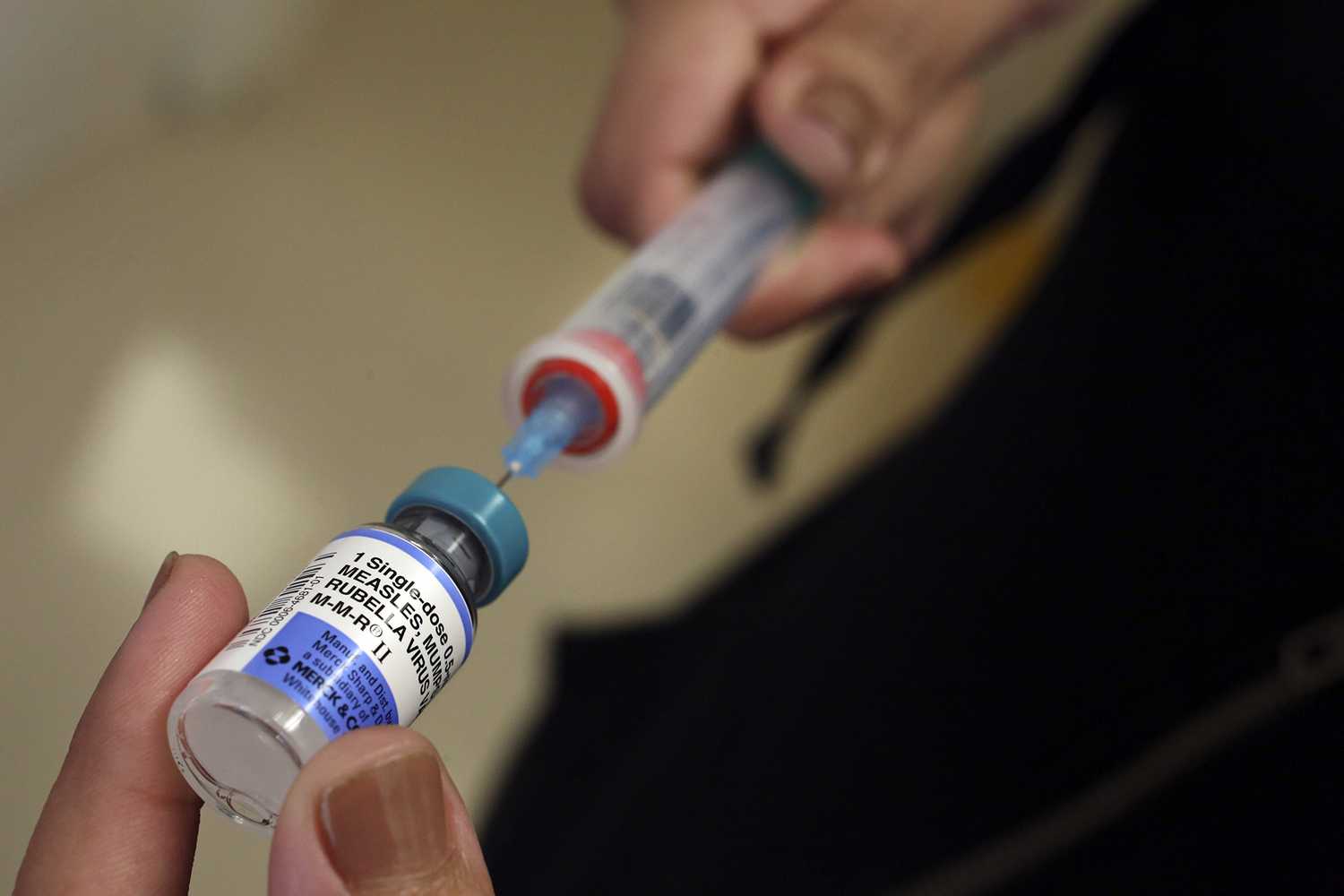Amidst a landscape of political distrust and misinformation, medical professionals at Pitt are navigating challenges in vaccine administration.
Robert Kennedy Jr, the Trump-appointed Secretary for the Department of Health and Human Services, has induced some national anxieties surrounding vaccine reliability — including when he cited several debunked and incorrect studies to falsely link vaccines to autism. In response to RFK’s vaccine skepticism, some states — including Pennsylvania — are trying to protect vaccine access. Earlier this month, Gov. Josh Shapiro signed an executive order to protect vaccination access across the state.
Cynthia Chew, an assistant professor of nursing and a pediatric nurse practitioner at UPMC, expressed regret over the increase in cases of preventable disease — including illnesses such as measles, which people can vaccinate against with the MMR vaccine.
“One death from a vaccine-preventable disease is too many,” Chew said.
Miranda Yaver, an assistant professor in health policy and political science, noted the unreliability of the study RFK used to make claims of childhood vaccination leading to autism.
“The reality is that all of this [vaccine skepticism] came about [from] a study that was retracted,” Yaver said. “[It] was so bad that the lead author lost his medical license. But this information is enduring. It is sort of sticky and people get hardwired.”
Nicholas Sandulli, an assistant professor of nursing and a family medicine nurse practitioner at UPMC, said the mistrust in vaccines for eliminated diseases — such as chicken pox — is because people might not remember the severity of the illnesses they’re being vaccinated against.
“It’s a result of us being so privileged for so long to not even remember what it’s like to be sick,” Sandulli said.
Jackie Calhoun, an assistant professor in nursing and pediatric nurse practitioner at UPMC, cited social media as a large proponent of vaccine disinformation. Disinformation refers to false or misleading information with the purpose of deception, unlike misinformation, which is shared without the intent to deceive.
“I think that the way people get a lot of their information now is in echo chambers and in places that validate the beliefs that they already have,” Calhoun said.
Jonna Morris, a nursing professor at the School of Nursing, who teaches NURS1128 “Community Health Nursing,” thinks people are hesitant to vaccinate because of a growing sense of individualism in the U.S.
“The best thing for everybody is to get vaccines,” Morris said. “But in the United States, there’s this [widespread] idea of [bodily] autonomy and ‘nobody’s going to tell me what to do.’”
In Pennsylvania, children are required to have Tdap, polio, MMR, Hepatitis B and varicella vaccinations to attend public schools. RFK has attacked some of these vaccines, including the MMR and mRNA vaccines.
State requirements differ across the nation, and federal vaccination requirements don’t always align with the states. Sandulli said the differences in state and federal vaccine requirements might increase Americans’ confusion surrounding vaccine mandates.
“If you’re a layperson, you don’t know if you should listen to the CDC or the FDA or the state of Pennsylvania,” Sandulli said. “It kind of plays into that situation of mistrust.”
In October, the CDC changed its recommendations for childhood vaccines and nationwide COVID vaccines. The Advisory Committee on Immunization Practices changed its vaccination schedule this past August.
Constantly changing vaccine recommendations might affect how insurance covers vaccinations, according to Chew.
“[ACIP’s schedule of vaccines is] how insurance companies know which vaccines should be covered,” Chew said. “People who are uninsured or underinsured are going to be the ones who have limited access to vaccines.”
As a nurse practitioner, Calhoun tends to “negotiate” with the vaccine-hesitant parents of her pediatric patients.
“Poking a baby over and over again can make parents very anxious, so maybe [we] can negotiate spreading [the vaccines] out,” Calhoun said. “Maybe they’re not getting five shots at a time, but they’re getting like one or two or three instead.”
Morris organized a mass vaccination clinic during the COVID-19 pandemic. She said people were still hesitant about trusting vaccinations during these clinics.
“People were even questioning whether they were going to [get vaccinated] even after they came up and sat in the chair,” Morris said.
Calhoun said Americans’ attitudes toward vaccines and public health measures during COVID was encouraging to see.
“It was really awesome to see everyone take all of the preventative measures that we were trying to do, like masking and social distancing,” Calhoun said.
Though the pandemic is officially over, Morris still encourages nurses to promote conversations about vaccines to their patients.
“Nurses are some of the most trusted healthcare providers out there,” Morris said. “A lot of times, nurses don’t realize their credibility.”
Simon Barratt-Boyes, a professor of infectious diseases and microbiology, said the current presidential administration promotes vaccine distrust by denying the science behind public health.
“The government serves as a voice for the people,” Barratt-Boyes said. “[People] get their advice from the government about how to handle vaccines and public health.”
Yaver believes that the bipartisan split over immunization regulations played a key role in the attitude surrounding vaccines.
“[We are] in the midst of a massive political polarization in this country,” Yaver said. “What we ended up seeing was this partisan sorting in trust in vaccines, trust in science, medicine and public health at large.”
Yaver said vaccines should not be a divisive issue among political lines.
“This has become a partisan issue, but it is not inherently a partisan issue, and it should not be a partisan issue,” Yaver said. “Measles does not care if you’re a Democrat or Republican. COVID did not care if you were Democrats or Republicans.”

